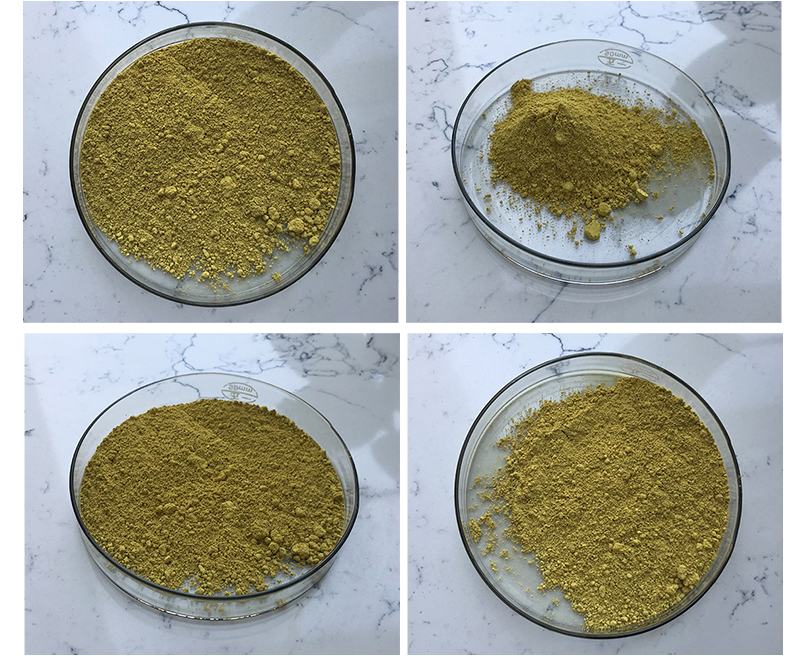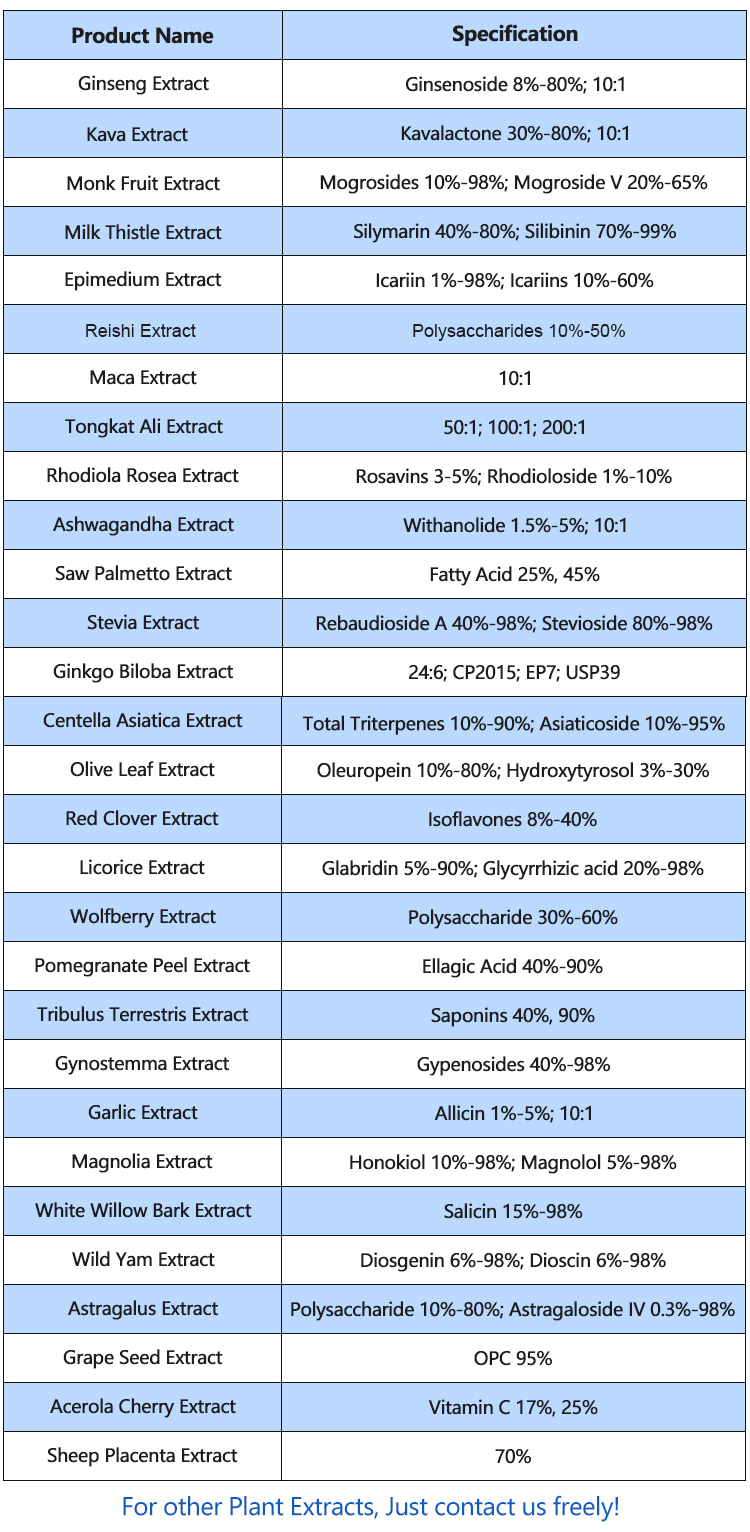Fisetin is a flavonoid found in various fruits and vegetables, such as strawberries, apples, and onions. Its stability depends on several factors, including environmental conditions, solvent, temperature, and pH. Here’s an overview:
1. Stability in Different Conditions
- Light Sensitivity: Fisetin is photosensitive, meaning it can degrade when exposed to light. Storing it in dark or amber-colored containers helps maintain its stability.
- Temperature: Elevated temperatures can degrade fisetin, so it should be stored at cooler temperatures, typically below 25°C (room temperature) or even refrigerated for extended stability.
- pH Sensitivity: Fisetin is relatively stable in neutral or slightly acidic conditions. However, it may degrade more rapidly in strongly acidic or alkaline environments.
- Solvent: It is more stable in dry powder form or when dissolved in organic solvents (e.g., DMSO or ethanol) compared to aqueous solutions.

2. Storage Recommendations
- Dry Form: Fisetin in its powdered form has better stability. It should be stored in a cool, dry place, ideally in a desiccator or vacuum-sealed container to prevent moisture absorption.
- Solutions: If dissolved, use freshly prepared solutions. For longer storage, keep the solution refrigerated and protected from light. A stock solution in DMSO can last longer compared to an aqueous solution.
3. Shelf Life
- The stability of fisetin in powdered form can last months to years if stored under optimal conditions (dark, dry, cool). In solution, its stability decreases significantly over time, with degradation occurring faster in water or aqueous buffers compared to organic solvents.
4. Degradation Products
- Degradation of fisetin typically leads to the breakdown of its flavonoid structure, potentially reducing its biological activity. Studies suggest that oxidative and hydrolytic pathways are the primary mechanisms of degradation.
For experimental or supplementation purposes, it’s important to consider these factors to preserve fisetin’s bioactivity and ensure reliable outcomes.

Adverse Effects of Fisetin
Fisetin, a plant-derived flavonoid found in fruits and vegetables like strawberries, apples, and onions, is widely studied for its potential antioxidant, anti-inflammatory, and senolytic properties. While generally considered safe, especially when consumed through dietary sources, fisetin supplementation in higher doses can have potential adverse effects. Here’s a breakdown:
Reported Adverse Effects
1.Gastrointestinal Issues:
- Nausea, diarrhea, or stomach discomfort may occur, particularly with high-dose supplements.
2.Allergic Reactions:
- Rare cases of hypersensitivity to fisetin-containing supplements or extracts may present as skin rash, itching, or swelling.
3.Drug Interactions:
- Fisetin may interact with medications metabolized by liver enzymes (e.g., CYP450 system), potentially altering drug effectiveness or increasing side effects.
- Possible interference with blood-thinning medications or antiplatelet drugs due to fisetin’s mild blood-thinning properties.
4.Oxidative Stress at High Doses:
- In some experimental contexts, very high doses of antioxidants, including fisetin, may paradoxically cause pro-oxidant effects, leading to cell stress or damage.
5.Liver or Kidney Concerns:
- Animal studies suggest that extremely high doses may place stress on liver and kidney functions, though this hasn’t been widely observed in humans at typical doses.

Considerations for Vulnerable Populations
- Pregnant or Breastfeeding Individuals: Limited safety data; supplementation is not recommended unless prescribed by a healthcare provider.
- Chronic Illnesses: People with conditions like liver disease, kidney issues, or those on immunosuppressants should consult a physician before use.
Safe Usage Recommendations
- Stick to doses recommended on supplement labels or prescribed by healthcare professionals.
- Monitor for side effects, especially when starting fisetin supplementation or increasing doses.
- Consider incorporating dietary sources of fisetin for a safer alternative to supplements.
If you’re considering fisetin supplementation, it’s always best to consult with a healthcare provider, particularly if you have existing health conditions or take other medications.
